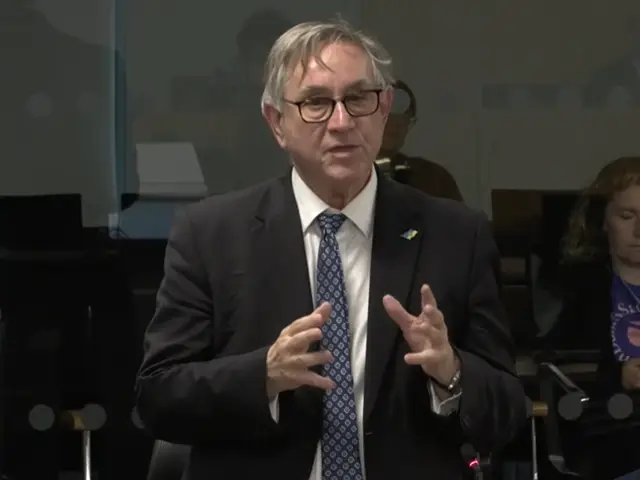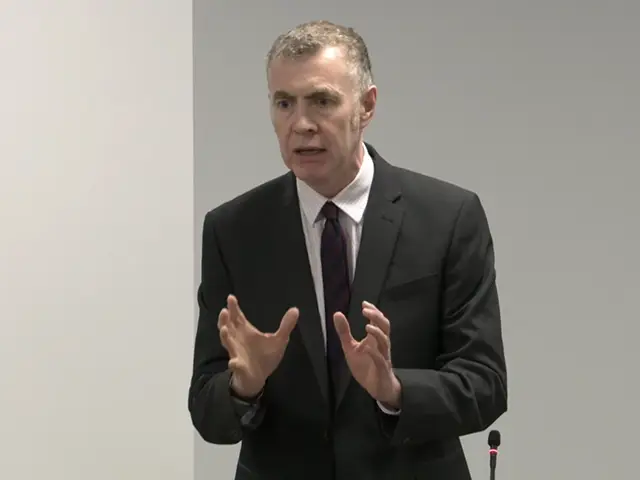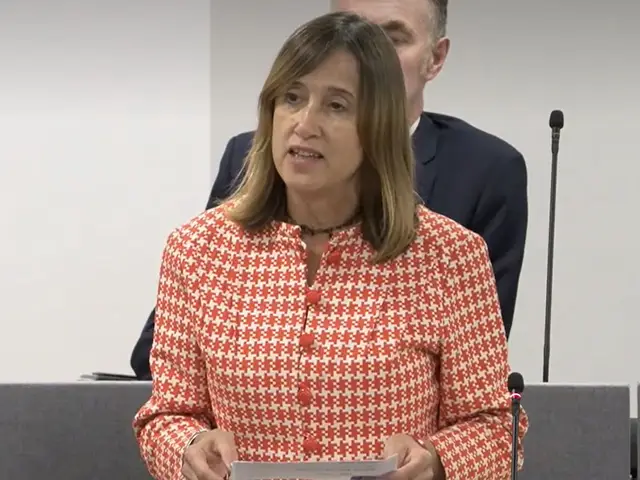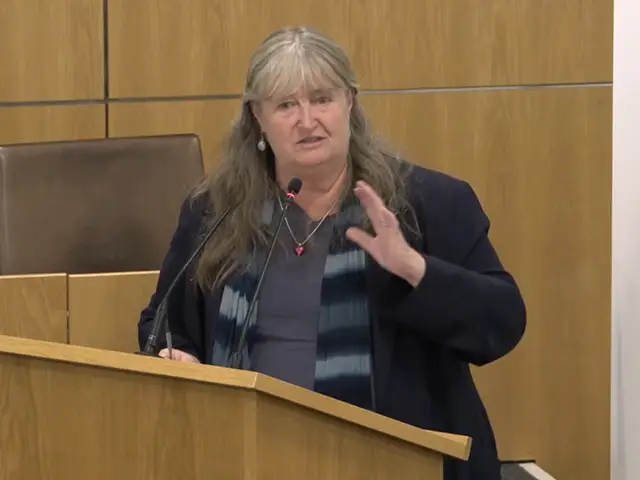Support quality, independent, local journalism…that matters
From just £1 a month you can help fund our work – and use our website without adverts. Become a member today

The Welsh Government has rowed back on a promise to bring in a ban on lying politicians – a commitment previously made to avoid defeat in a key Senedd vote.
Welsh ministers promised to introduce a law before the next election to disqualify Senedd Members and candidates found guilty of deliberate deception.
But the Welsh Government has now brought forward proposed legislation which falls short of a commitment made to the Welsh Parliament.
Mick Antoniw, then-counsel general, the Welsh Government’s chief legal adviser, struck a deal with Adam Price just before a vote on creating an offence of deception in July 2024.
He said at the time: “The Welsh Government will bring forward legislation before 2026 for the disqualification of members and candidates found guilty of deception through an independent judicial process.”

In return for that commitment, Plaid Cymru and independent Rhys ab Owen abstained in a crunch vote – enabling ministers to remove plans for a ban from a previous elections bill.
‘Not feasible’
But the accountability bill introduced this week does not create an independent judicial process for sitting members, with deception to instead be handled internally initially.
Under the bill, the Senedd’s standards committee could recommend a “recall poll” after an investigation – giving the public a vote on whether to remove a member between elections. A vacant seat would automatically be filled by the next candidate on the political party’s list.
However, the process would remain political – with a recall poll triggered by a simple majority vote in the Senedd – giving rise to concerns about members marking their own homework.
The committee, which is made up of politicians from the main parties, must first issue recall guidance that will need to be approved by a two-thirds supermajority.
Neither does the bill implement the promised ban for candidates in time for May’s election, which the Welsh Government described as “not feasible”.
Instead, it creates a duty for ministers to introduce rules prohibiting false statements in elections – which could include a new criminal offence – at an unspecified later date.
‘Collapse in trust’

In the Senedd on Tuesday November 4, Mr Price – who has spearheaded calls for a ban – warned of a “collapse in trust” in democracies worldwide.
The former Plaid Cymru leader welcomed plans to make the Senedd the first parliament to introduce a general prohibition on deliberate deception in the context of elections.
But he questioned why the change could not be introduced for the next election “when we’re going to face a flotilla of bot farms etc and political actors with nefarious aims”. The former MP added: “The bill, currently, is completely silent on [sitting] members.”
Jane Dodds, leader of the Liberal Democrats in Wales, said: “For me, introducing the deliberate deception element in 2030 is doing something after the horse has bolted.”

Sam Rowlands, for the Conservatives, backed plans to give voters greater power to hold politicians to account – warning a Senedd recall mechanism has been lacking for too long.
Elin Jones, the Senedd’s speaker or Llywydd, cautioned of potential legislative obstacles. She noted clauses imposing duties on the courts – to notify the Senedd if a member is convicted of a crime, an automatic recall poll trigger if a politician receives a custodial or suspended sentence – have not yet received consent from the UK Government.
‘Incredibly complex’
Under the bill, the standards committee will become a legal requirement for every Senedd term and non-politicians could be appointed to sit on the committee for the first time.
Douglas Bain, the standards commissioner who investigates Senedd politicians, would be given “own-initiative” powers to launch investigations without first needing a complaint.
In this afternoon’s statement, Julie James said the duty on ministers will lay the foundations for the creation of an offence to tackle deliberate deception by candidates.

The counsel general cautioned: “This is incredibly complex. It isn’t something we can rush,” before stressing: “By including this duty in the bill, we are ensuring that the work to create the offence of deliberate deception will continue to be taken forward.”
Ms James, a former solicitor, raised the need for further consultation as well as a fuller assessment of the impact on the justice system and human rights.
She said: “This bill represents a landmark moment in this Senedd’s history. It will strengthen Welsh democracy and ensure that representatives… are held to the highest standards.”
Support quality, independent, local journalism…that matters
From just £1 a month you can help fund our work – and use our website without adverts.
Become a member today
